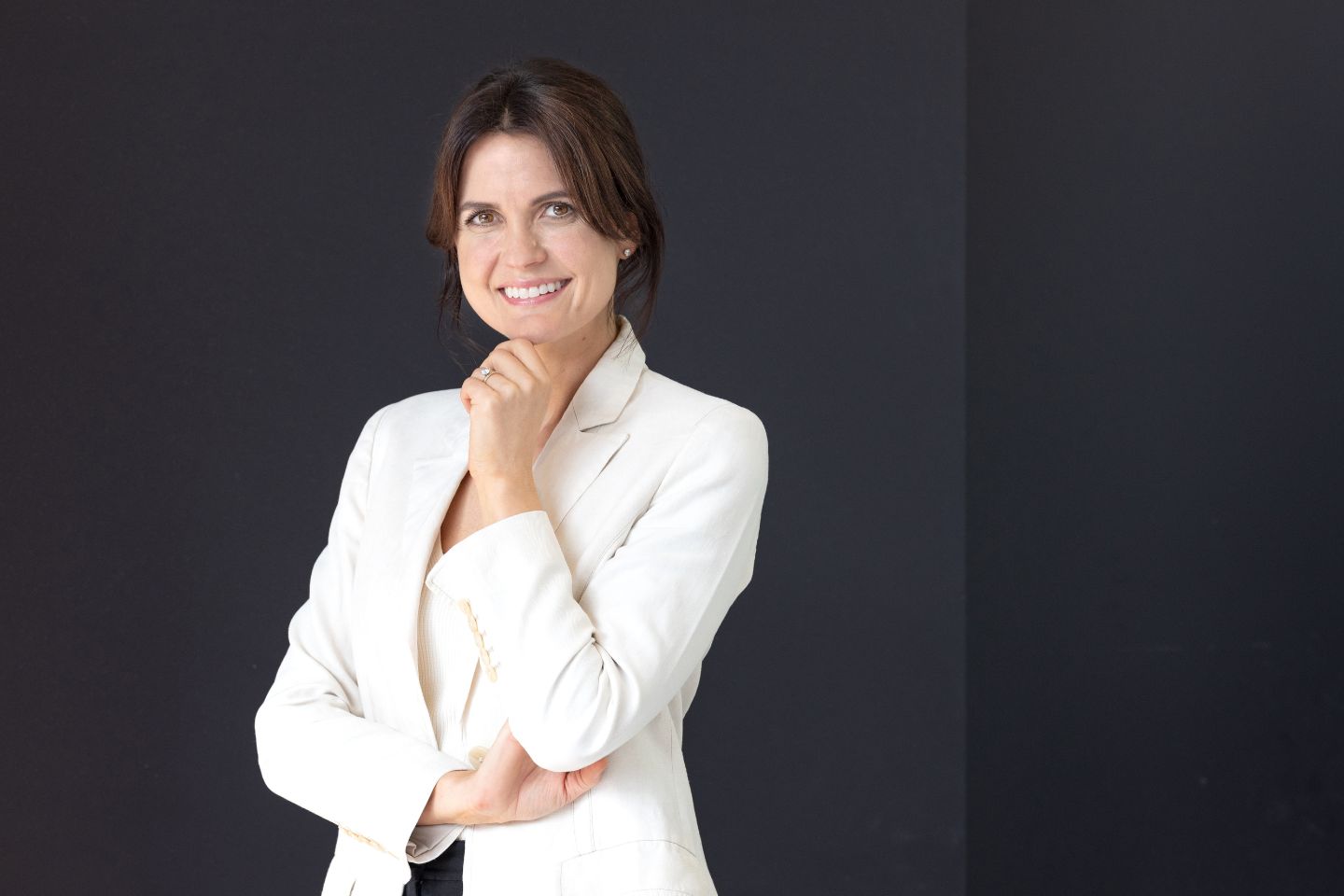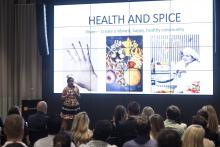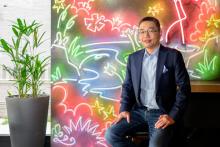ANALYSIS: Women in startups are notoriously underfunded, yet are as successful, if not more so, than men. We profile three in WA.


If you thought startup funding was tough, consider the position for female founders.
Globally, it’s been reported 2 per cent of venture capital goes to female-led startups. In Australia, it’s worse, at 0.7 per cent.
Various reasons have been put forward to explain this discrepancy, including systemic biases, male-dominated venture firms and a lack of networks and mentorship for women as compared with men.
The same reports found that while 75 per cent of women founders felt their gender negatively affected their ability to raise capital, only 9 per cent of men believed this was an issue for them.
Plainly, this is ridiculous.
There are plenty of examples of superbly run women-led startups with outstanding results, that emanated from Perth. Think Melanie Perkins (Canva), Olivia Humphrey (Kanopy) or Barb de Corti (Enjo).
Indeed, a Boston Consulting Group report showed that women-led businesses yielded 63 per cent better returns than men.
When I was in state government, I could see that about 25 per cent of all grant applications were from female founders, or a mix of male/female, yet this resulted in more than 40 per cent of successful grantees.
Sorry guys, females are better. As is a diverse team.
It was therefore pleasing to note that of the 12 startups that graduated recently from the annual Curtin Accelerate program, eight had a female co-founder or sole founder.
Among them were Jessica Rees from Cuddle Cup, Amelia Harray from Eat Sustainably and Roslyn Ward from SMAAT.
Cuddle Cup
Neonatal emergency transport nurse Ms Rees has spent eight years in the frontline of neonatal intensive care and has developed a safe feeding device for critically ill infants, the Cuddle Cup.
“Babies cannot drink cold milk,” she told Business News.
“And right now, there is no simple, streamlined method of safely heating milk on the go that is compact, consistent and, most importantly, doesn’t rely on electricity or running water.”
She saw this issue play out time and time again.
“It’s also a challenge parents face every day,” Ms Rees said.
“Whether it’s a parent struggling to heat a bottle at the park or navigating a long car ride without access to power, the need for warmth is universal, yet the solutions are scarce.”
The Cuddle Cup solves this problem, designed as a self-heating pouch.
Eat Sustainably
Dietitian and nutritionist Amelia Harray has developed an alternative to ultra-processed food that is driving diet-related diseases in Australia and costing the health system $172 billion annually.
Her subscription service provides personalised dietitian-created meal plans, shopping lists and cooking instructions.
“Busy professionals want to eat less processed food, reduce plastic chemicals in food, and know exactly what to buy, cook and eat,” Dr Harray told Business News.
In July 2025, she will launch a personalised nutrition program to help 35-to-50-year-old professional women outsource daily food decisions to an expert.
“In the first 12 months, we’ll target professional services firms, offering the program alongside a ‘nutritionist in residence’ model for WA-based companies,” she said.
“This will scale nationally within 24 months to enhance workplace health, boost productivity, support ESG goals and reduce presenteeism and absenteeism.”
SMAAT
Assessing children for speech disorders can be subjective, time consuming and uncertain, according to Curtin University Associate Professor Roslyn Ward.
She is building a digital assessment system that brings the laboratory to the clinician, without the need for specialised equipment.
“I started out with a focus on making a difference in the lives of the young children (and their families) that I was seeing each week,” Professor Ward told Business News.
“Whilst we were doing our best, our best was not good enough.
“It has been a slow journey of realisation … but by the end of 2025 and into 2026, I would like to see the minimal viable product in the hands of clinicians, [with them so] excited by our product that it becomes part of a minimum dataset for best practice.”
All power to these female founders, who have each identified health-related issues they want to solve.
Not only do they want to make things better for those affected, but they also want to create a great business in the process.
• Charlie Gunningham has spent 25 years in WA’s startup sector, is on the WA Government’s Innovation Advisory Board and is Chair of Startup WA










